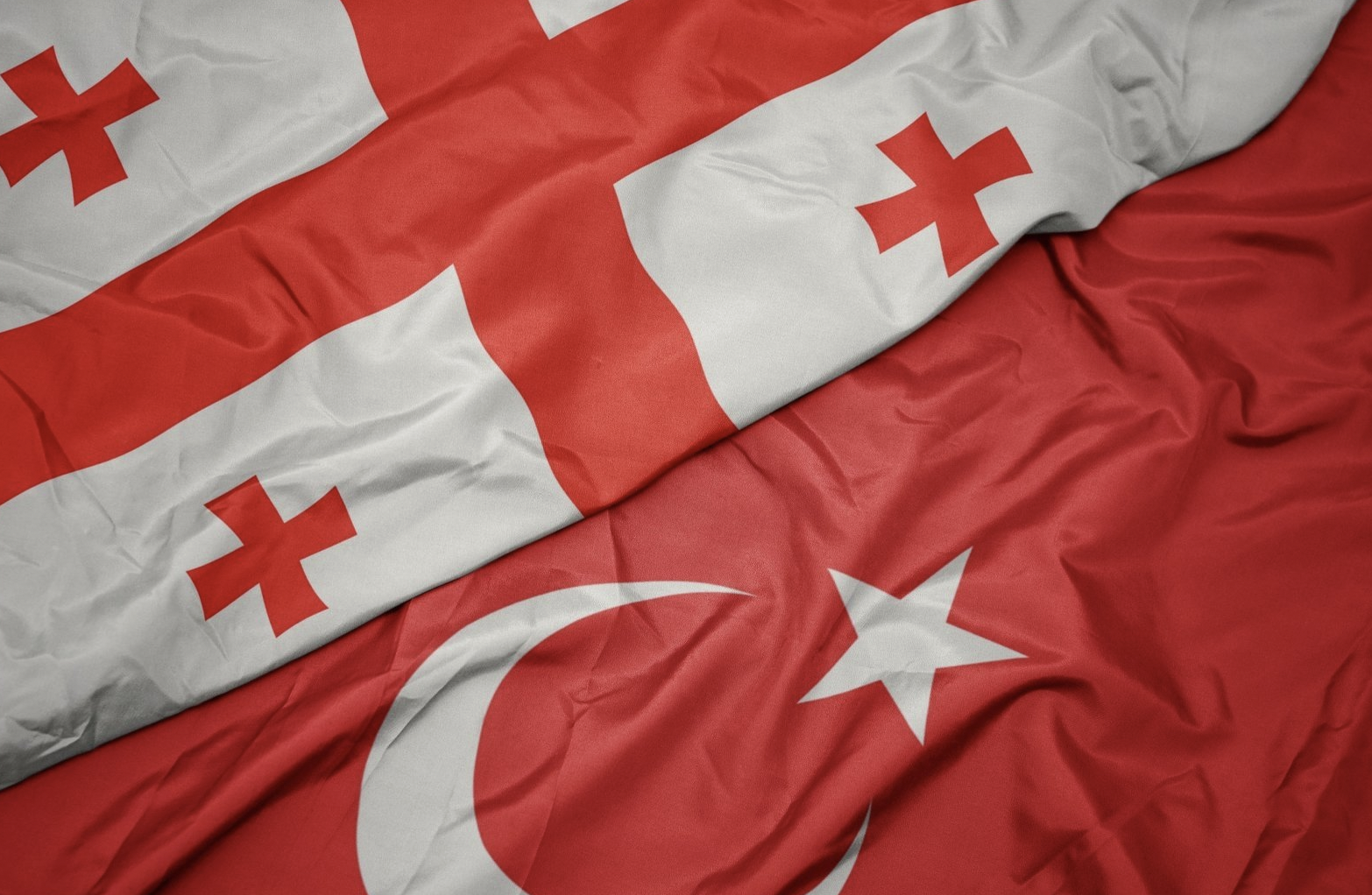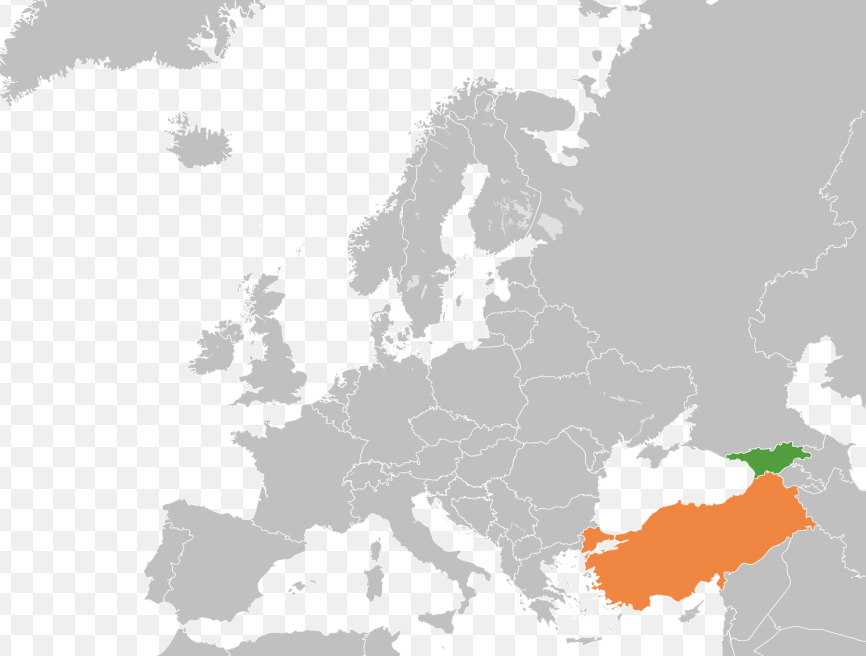TURKEY AND GEORGIA: BEYOND TRADITIONAL DIPLOMACY

Rapid increase of the technological developments has made the geographies and distances closer, and these progresses improved the interactions between communities. Widely usage of technological devices and facilities like radios, televisions, telephones and internet also affected the societies belong to almost all countries. These kinds of interactions between communities enhanced the importance of “public opinion” term. Governments had taken into account and tried to manipulate the public opinion. Governments not only redirect the public opinion of the country itself, but also societies of the other countries as well. At this point a term which is named “public diplomacy” came to the help of diplomats.
Public diplomacy is a term that has been popular in the International Relations arena, broadly accepted in academia was coined by a former diplomat, Edmund Gullion. According that the primary object of the public diplomacy as, to shape the ideas/decisions/preferences of the foreign policy decision makers of other countries this definition should be like this; “In the international environment in addition to a government’s traditional diplomatic channels, influencing the public opinion of the target communities and so the decision makers positively, by using individuals, groups, companies, etc., to obtain the executive country’s national interests easily.” So the important thing is here the activities belong to the public diplomacy should be under the supervision of the government.
One of the tools of “winning hearts and minds” strategy is establishing military ties with the other governments. By doing so military personnel can cordially understand and respect each other. This kind of relationship paves the way for future collaboration and support. Turkey and Georgia is a very good example to this conceptual situation. After dissolution of Georgia from Soviet Union, Turkey immediately recognized independence of Georgia. Besides energy, security and economic affairs these two neighboring countries promoted cooperation in military field. The significant aids and supports of Turkish Armed Forces to this neighboring country have served public diplomacy power of Turkey in Georgia.
Two military agreements between these two countries for “Scientific and Technological Cooperation” were signed in 1996 and 1997. In addition to that a military protocol was signed between Gendarmerie General Command of Turkey and Internal Forces Command of Georgia on Education and Logistical Support in 2001. With these agreements and protocols Turkey gave high level support to the military personnel of Georgia. Also Georgian military personnel participated to the courses in NATO School of “Partnership for Peace Center” in Ankara.

Turkey also opened her military schools to the Georgian Cadets. Under the Protocol of Military Students Exchange Program Georgian Cadets are coming to Kuleli Military High School then going to the Military Academy or directly to the Military Academies of Turkey for four years of academic education. Upon graduation they are joining to their national Army/Navy/Air Forces as a rank of Lieutenant. There are also some Georgian students educating on behalf of Georgian Armed Forces at the Gulhane Military Medical Academy to be a medical doctor.
Beyond supports in the academic field Turkey supply Georgian Army personnel NATO experience in NATO missions. Despite non-NATO membership of Georgia, Georgian troops are working under the command of Turkish troops in these missions. NATO Kosovo Force (KFOR) is a good example to this case of military partnership. One Georgian Platoon is serving under the command of Turkish Battalion deployed in Prizren. Working side by side is increasing mutual understanding and bilateral relations between two different groups of people.
Turkish Special Forces also gave field training to Georgia’s Commando and SpecialForces personnel. The aim of these trainings was to increase the fighting capabilities of troops under difficult terrain conditions. Another objective of these trainings was to reach the Georgian Army to NATO standards. Turkey also donated very special equipments to the Georgian Armed Forces for using in these kinds of operations. Equipments are including thermal cameras, thermal weapon sights, night vision binoculars, day periscopes, multi channel whf/uhf radio equipment, generators, mobile repair-shops, diving suits, and ambulance. Last but not least artillery forward observer and firing direction center simulator classroom was established at the artillery school in Georgia.
Maybe one of the significant supports of Turkey to the Georgia was Marneuli Air Base modernization project. This was an old Base built in 1940s by Soviet Union. Electronic systems were old and installations were neglected of this military airport. Turkish Air Force Maintenance Group reconstructed the runway and infrastructure of the base in accordance with the NATO standards. Additionally NDB (non-directional [radio] beacon) System was installed in the Air Base. By the help of this electronic system fighter aircrafts could easily land on to the runway especially under the bad weather conditions. Maintenance of the base completed in 2004 and cost Turkey around 3 million US dollars.
There are also some field exercises taking place between the armies in Caucasus. These exercises increase practices and mutual understanding among military personnel. Thelatest one with the name of “Eagle of Caucasus” Special Forces exercises executed between the dates May 31- June 10, 2015 in Turkey. Selected Special Forces personnel participated to this activity from Azerbaijan, Georgia and Turkey. The main objective of this exercise was to increase knowledge and experience sharing, improve friendship, collaboration, coordination, and ability to act together.
All these activities took place between the armed forces of two neighboring counties are serving to promote solidarity. And here are some positive feedbacks supporting this argument. One of them belongs to a foreign military cadet. He said “during his stay in Turkish Military Academy his respect for Turkey and Turkish people has deepened.” Another example is from Georgian Deputy Minister of Defense of the period Nodar Kharşiladze. After a handover ceremony of various military equipment, he said in a press conference that“Georgia and her nation will never forget the supports of Turkey.” What Turkey does here is giving a hand to her close companion. Eventually these tremendous efforts would create fruitful results in the region. And in the final part Turkey’s “winning hearts and minds”strategy would be successful. .
Public Policy Institute, August 2015.
http://www.ppi.az/publication/turkey-and-georgia-beyond-traditional-diplomacy/